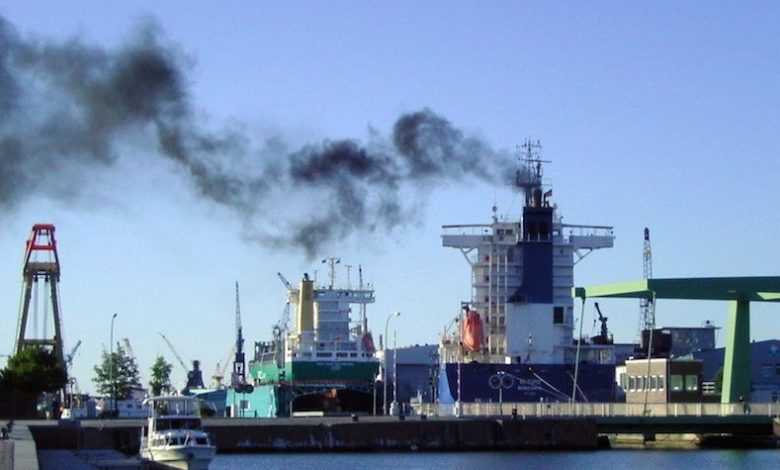Environmental groups urge EU to include CII in ship risk profiling

Several environmental groups sent an open letter to the EU Member States and Parliament on Monday urging the European Council and Parliament to include the International Maritime Organization’s Carbon Intensity Indicator (CII) as a key part of the Port State Control Directive.
The EU legislators will have their final negotiations on the EU’s Port State Control Directive on February 19. In their open letter, the Environmental Defence Fund, Transport & Environment, Seas at Risk, NABU, and Opportunity Green expressed their concern that the current version of the legislation would not do enough to minimize shipping’s environmental impacts.
The EU’s Port State Control Directive (PSCD) is a crucial framework that upholds high standards in shipping safety, security, working conditions, and environmental protection. It applies the internationally agreed Paris Memorandum of Understanding on Port State Control, which, amongst others, commits parties to ensure that ships calling at their ports comply with the standards listed in the International Convention for the Prevention of Pollution from Ships (MARPOL).
The European Commission presented a set of proposals on maritime safety and pollution prevention in June 2023, revising five legal acts, including the PSCD. In its PSCD proposal, the European Commission included CII scores in how a Ship Risk Profile is determined.
Under this system, grades “D” and “E” would additionally increase the attributed risk of a vessel and raise the likelihood of a port state inspection. However, in its General Approach adopted in December 2023, the European Council did not endorse the European Commission’s proposal to include the CII.
The environmentalists said in the open letter that was key to reducing the climate and environmental impact of shipping. They claimed that CII allowed individual ships and companies to make use of any one of a variety of technical and operational measures at their disposal, like slow steaming or retrofitting energy-saving technologies.
“When ships slow down to improve their CII, they are also less likely to collide with and kill or injure whales and other ocean wildlife, produce less underwater noise pollution, as well as air pollution increasing human health and less polluting in general,” the letter said.
The letter also pointed out that CII could minimise the risk of pollution and all-around risks in and around European ports, understanding that vessels not complying with such standards might raise concerns or suspicions for other negligence.
“[The] CII is an important tool for the EU and Member States to reduce risks and lead to minimising shipping’s environmental impact, and a further step towards modernisation of the EU port inspection regime. We therefore urge co-legislators to include CII in the PSCD,” the organisations added.

gee – imagine if Environmental groups urged EU to give the proceeds of its ETS on shipping to the poor countries that really need it instead of taxing them to subsidise EU’s maritime industry expansion plans.